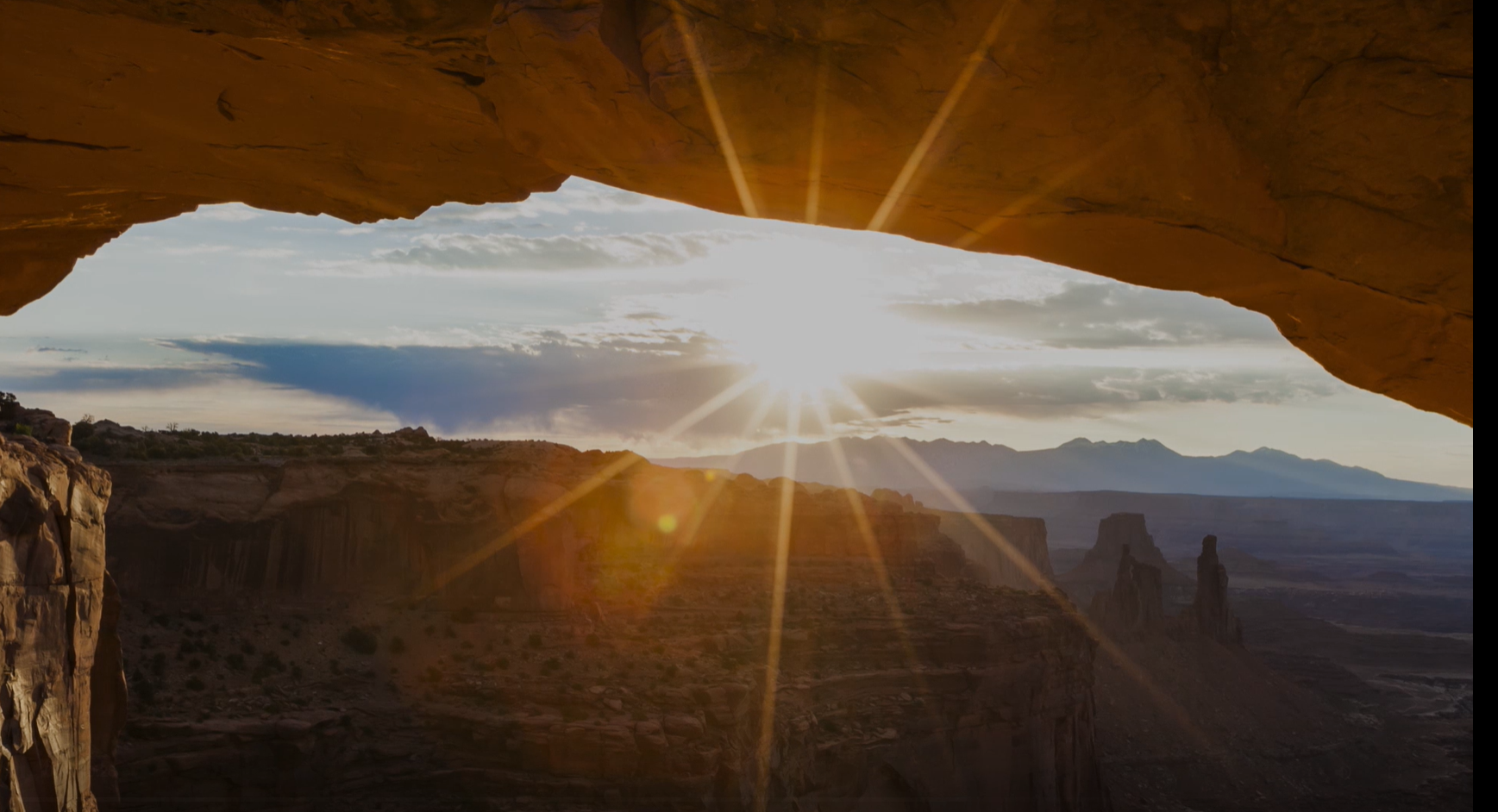Matt Cwiertnia Interviews WHP Global CEO Yehuda Shmidman

Matt Cwiertnia

Yehuda Shmidman
Matt Cwiertnia: Could you tell us about WHP Global?
Yehuda Shmidman: WHP Global (“WHP”) is one of the fastest growing large-scale brand management platforms in the industry. WHP owns more than 10 consumer brands generating over $7 billion in annual retail sales. Today, WHP’s portfolio of brands includes TOYS“R”US, BABIES“R”US, LOTTO, Anne Klein, Joseph Abboud, Express, Bonobos, Joe’s Jeans, G‑Star RAW and Rag & Bone.1
MC: Why might a company choose to sell its intellectual property to a brand management platform, and who then manages the operating company?
YS: Brand management platforms are designed to acquire strong global brands and unlock value post-acquisition through the business model of licensing. In some cases, companies may choose or need to sell one or more of its brands, and brand management platforms can provide competitive bids given their ability to unlock value by separating a brand’s intellectual property (“IP”) from its legacy operations. Brand management platforms will then seek to generate significant value creation from the IP by adding licensees in new geographies and categories globally.
MC: There has been an evolution to the brand licensing model over the past 20 years – what is your go-forward outlook on the industry?
YS: The biggest change in our industry over the past 20 years is the entrance of institutional capital, which has invested billions of dollars in the space. We are incredibly fortunate to have Ares, along with other institutional investors, invested in WHP. The influx of institutional capital has accelerated pure-play brand management platforms. In our case, WHP has grown from $0 to over $7 billion in retail sales in less than 5 years, and we are just getting started. Our belief is that over the next 10 years, we will continue to see material growth across the brand management industry.
MC: How has WHP positioned itself to be perceived as a ‘buyer of choice’?
YS: Relationships are crucial to everything we do, and key to how we aspire to be the ‘buyer of choice.’ WHP strives every day to differentiate itself by filtering all major decisions through the guiding principle of ‘Partner or Perish’ – so that our team prioritizes the value of partnership in everything we do. Our relationships have helped build our ecosystem - across our current portfolio of over 10 brands, we are doing business in over 50 countries with over 150 licensees, and those licensees distribute our brands to thousands of locations.
MC: Over the past four years, WHP has added over 10 brands to its portfolio. Both in terms of consumer strength and weakness – how has your pipeline of opportunities evolved since inception?
YS: WHP was founded before the pandemic, and while the IP market was active then, the market during the pandemic and now post-pandemic is busier than ever. The volatility caused by the pandemic catalyzed numerous brand owners to consider an exit. On top of that, we currently see very few buyers at the table willing to invest in brands as they wait for the macro environment to stabilize. The combination of more brands for sale with fewer qualified buyers has led us to the busiest IP market in memory.
MC: How did WHP’s recurring revenue stream perform during the pandemic and how would you expect the company to perform if we were to enter a recession?
YS: We successfully navigated the pandemic thanks to our focus on investing in brands that we believe could stand the test of time and weather short-term disruptions. We carefully monitor macroeconomic factors that have and may continue to impact our business. However, we believe our lasting brand value, asset-lite business model, contractual minimum royalties, high operating margins and mostly variable cost structure provide us with a strong and flexible foundation to withstand future disruptions, including a potential recession.
Tying into our conversation earlier on our pipeline, interestingly, we have seen that macroeconomic volatility can result in a highly robust M&A environment, which is a positive for the brand management industry and for WHP as we look to go on offense in these environments.
MC: Which of WHP’s acquired brands has been the most interesting to develop and why?
YS: Toys“R”Us has been one of the most exciting and most emotional brands to develop under WHP’s ownership. And interestingly enough, it’s due to the nostalgia factor. So many of us at WHP are former Toys“R”Us kids; growing up with the brand and now getting to be a part of its comeback is as fun as it gets.
When we bought the brand in early 2021, our first mission was to bring it back to America. We were able to make that happen by signing a landmark partnership with Macy’s, who agreed to open a Toys“R”Us shop in every Macy’s store. Today, there are over 450 such stores operating inside Macy’s across the United States. In addition to our partnership with Macy’s, we opened new flagship experiences at American Dream and Mall of America, the first ever Toys“R”Us airport store in Dallas and many new stores outside the United States. In total, we’ve grown the brand’s retail footprint by over 50% to more than 1,450 stores in over 30 countries.
1. The potential Rag & Bone transaction is subject to closing conditions and there is no guarantee that the transaction will close on the terms indicated or at all.

